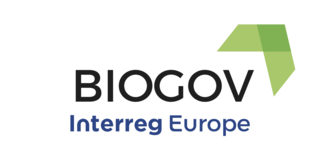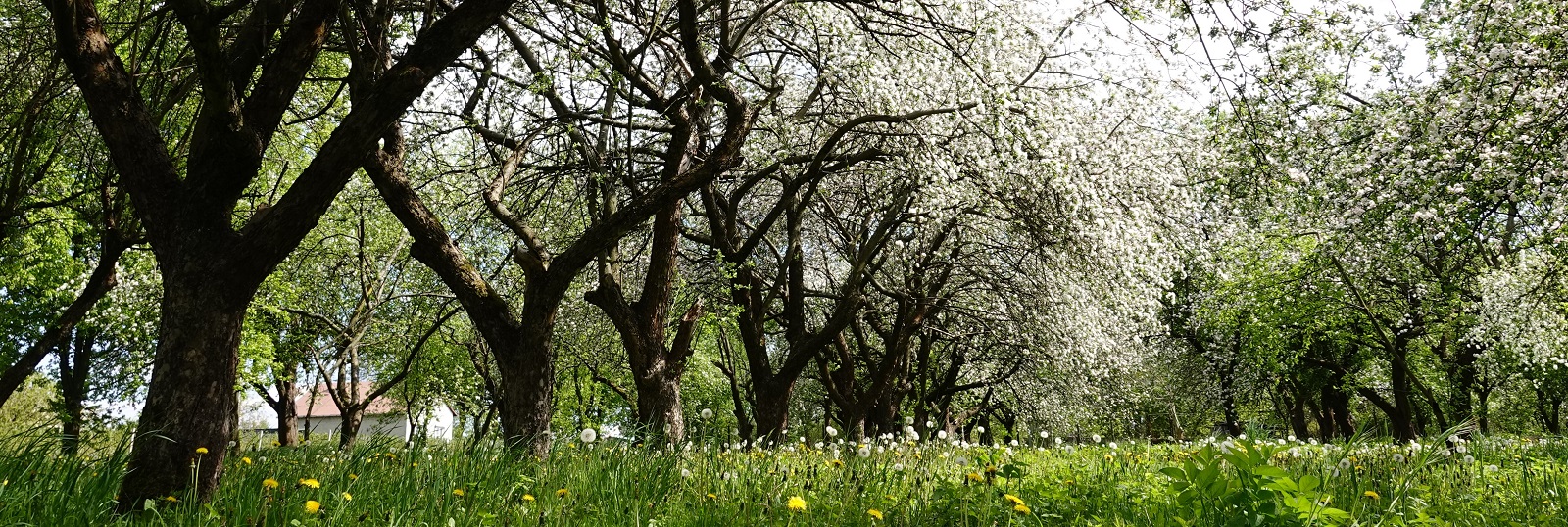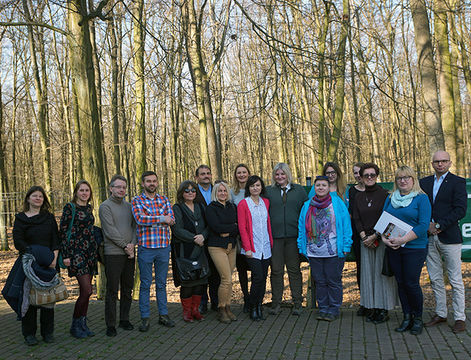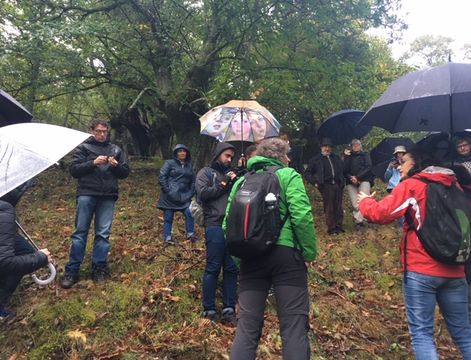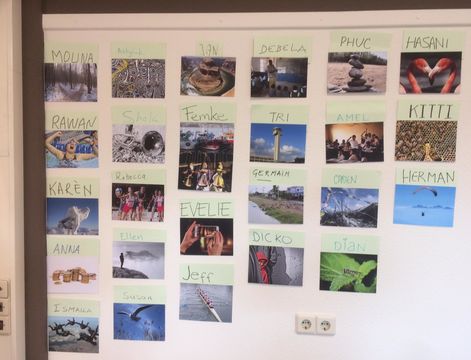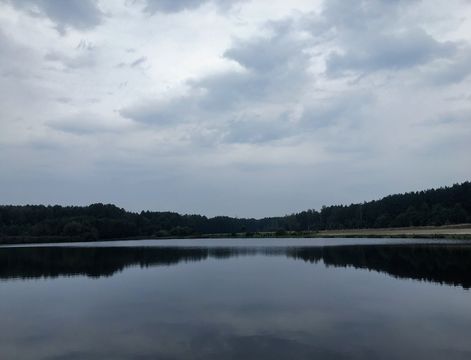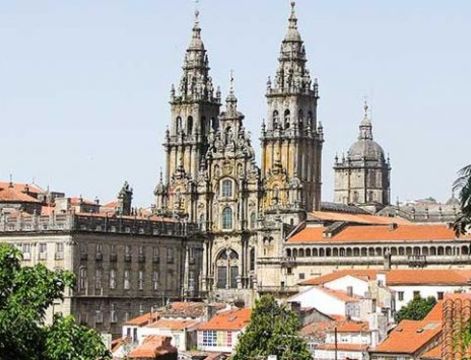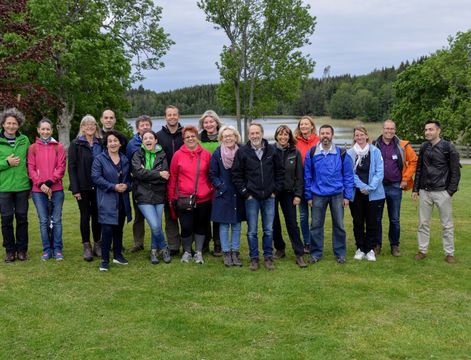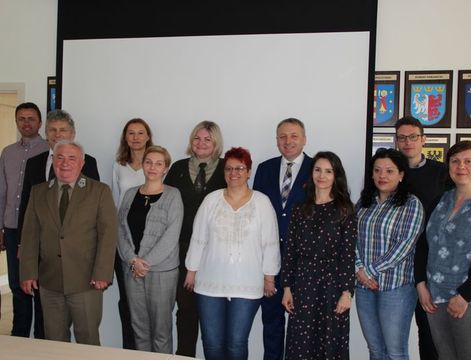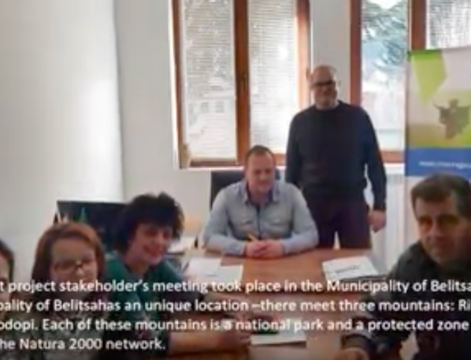The Interreg Europe's Policy Learning Platform aims to boost EU-wide policy learning and capitalisation on practices from regional development policies.
An overview was presented on commonalities within IE natural heritage projects, for example on policy integration and governance. During the working group session on synergies and needs, four projects presented their challenges with governance: INVALIS on improving policies to protect biodiversity from invasive alien species, BID-REX on Biodiversity Data for better Decision Making, Three-T on tourism trails in natural areas, and BIOGOV on participatory governance.
BIOGOV, represented by PP8 EPA Mures (Romania) and LP Province of Fryslân (The Netherlands), shared the 7 multi-stakeholder partnership (MSP) principles towards participatory governance: Embrace systemic change, Transform Institutions, Work with power, Deal with conflict, Promote collaborative leadership, Enable effective communication, Foster participatory learning (see www.mspguide.org).
BIOGOV LP shared that in The Netherlands a new regional policy instrument on the environment gives citizens a legal basis on which to negotiate it's stakes among governments and businesses. The cooperative society (http://www.decooperatievesamenleving.nl/ ), a network of citizens, social entrepeneurs and their cooperatives, assists citizen initiatives in The Netherlands to understand their upcoming legal rights and negotiation position to protect common interests. The BIOGOV pilot uses the 7 MSP-principles to explore if a cooperative of regional stakeholders can improve desicion making and participatory governance.
BIOGOV proposed that the Policy Learning Platform collects and shares insights on citizen science for policy influencing, e.g. through policy brief(s) and/or webinars among IE projects.
Other issues discussed deal with using gamification and game cards to get policy commitment on longer term multiple benefits relating to Green Infrastructures.
Wim Hiemstra, BIOGOV LP project coordinator
